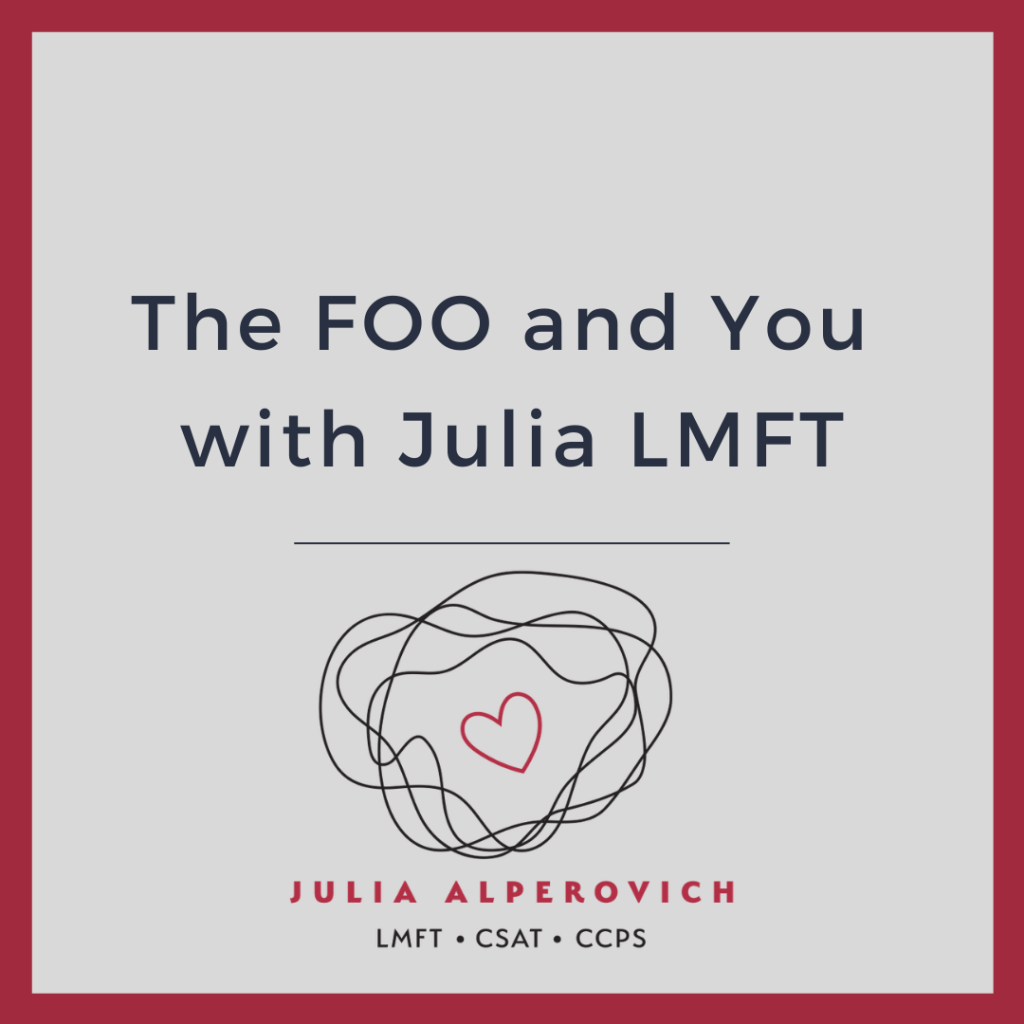Family of Origin and Your Relationships is one of the most controversial issues in therapy. On the one hand, it has everything to do with your relationships, but on the other hand, knowledge of poor relationships without personal accountability in present relationships can be a crutch. In this post, we would like to go over some symptoms and some remedies available to those who suffer from issues relating to the family of origin.
What is the Family of Origin
Your family of origin is the family or collective of caretakers who saw that your needs were met. When you look at young toddlers and children, they have a singular purpose, to get their needs met. In families of mothers and fathers, fathers and fathers, grandparents, cousins, adoptive parents, there are those that are principally engaged or collectively engaged in seeing that a child’s needs are met. Children whose needs are not met, or whose needs are met unreliably, tend to blame themselves, a concept called splitting, and turn inward. Sometimes you will see, especially now as these concepts are more widespread, that what used to be called children who are old souls, or highly self-reliant children, developed this way out of there being unavailable adults to meet needs. The ways in which our needs are met by caretakers or the family of origin as a child figure prominently in our relationships as adults.
Origin and Attachment
Children whose needs are reliably met learn to form secure attachments. They can express their needs with relative certainty that they will be met. Children whose needs are not reliably met or who felt ignored in a household, may develop difficulties forming attachments later in life. They can find themselves as love avoidant, love addicts, or have difficulty expressing their needs and having them met in relationships. Understanding a partners family of origin is critical in therapy and is part of what makes therapy, family, and marriage therapy, so useful in helping individuals form healthy bonds and attachments.
Symptoms and Remedies
Caretaking: One of the lesser noticed symptoms of those who had unreliable affection or needs to be met in their family of origin is caretaking later in life. This is not simply caretaking, but caretaking to the neglect of their own needs and health. It is not often easy to identify on your own, but you may feel resentment for how much more work you put into relationships, as opposed to partners, and this can lead to behaviors that reduce intimacy and communication. One of the best remedies to caretaking is self-care routines and journaling. Obviously, expressing yourself in a safe space in therapy is an option, but these practices can help you identify what your needs are and then you can start asking that they be met.
Avoiding Intimacy: On the opposite side of the spectrum of caretaking is avoiding intimacy, for fear that if you rely on someone to meet your needs, they will not follow through and it will be painful. This is a classic family of origin issue and is even more difficult to self-diagnose and treat properly alone. If you are used to taking care of yourself and you can rely on yourself, why both developing bonds? We develop bonds because we need to as humans. If you avoid intimacy, there may be some other things that you do in its’ place that are unhealthy and reaching out to a professional can help heal.
Addiction: Addiction can act as a numbing agent if you have had a traumatic family of origin or events in your family of origin. When you consider trauma, Big T trauma, you truly should seek professional counseling and therapy. There are many layers to unpack in finding solutions to addiction and underlying hurts to be healed.
Patterns of Problems in Relationships/Abusive Relationships: Another very common symptom of issues in a family of origin and your needs are recurring themes in relationships or abusive relationships. When you regularly have not had your needs met, a partner who meets them inconsistently, or is abusive then apologizes, may feel comfortable. You do not have to suffer in these cycles. They are dangerous for many reasons, and regardless of your family of origin hurts, you have the power to end suffering and reach out for help.
Family of Origin is the Not the END ALL Explanation
There are many things that can be attributed to the family of origin, but becoming self-actualized and identifying how your family of origin shaped you developmentally is the first step to taking accountability of the rest of your life. Origins are not predictive. We may have periods where we were seeing patterns emerge that indicated we had some unhealed work to be done, but as you heal and start to meet your own needs, you can lead a much more satisfying life. If you are interested in targeted family of origin work, please reach out.


